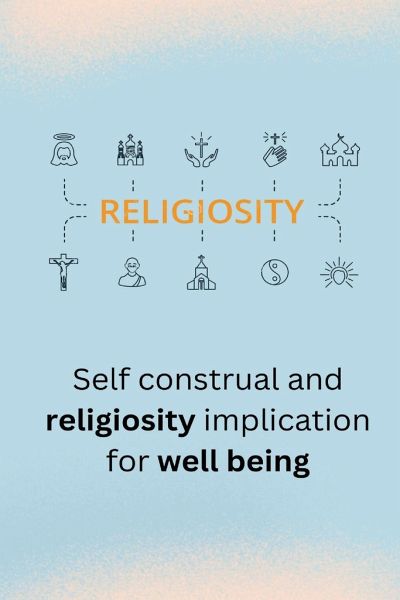Nicht lieferbar

Self construal and religiosity implication for well being
Versandkostenfrei!
Nicht lieferbar
It is generally believed that modernization would greatly reduce the role of religion both at the individual as well as societal levels of functioning. Yet we note that even in the 21st century the role of religion continues to be salient across all the important spheres of life - personal, social, cultural, intellectual, political and economic. The renewed religious vitality witnessed worldwide makes it important for social scientists to understand the dynamism and force that religion has in shaping life ways of the people (Clarke, 2009; Geertz, 1993). Undoubtedly, religion not only plays a v...
It is generally believed that modernization would greatly reduce the role of religion both at the individual as well as societal levels of functioning. Yet we note that even in the 21st century the role of religion continues to be salient across all the important spheres of life - personal, social, cultural, intellectual, political and economic. The renewed religious vitality witnessed worldwide makes it important for social scientists to understand the dynamism and force that religion has in shaping life ways of the people (Clarke, 2009; Geertz, 1993). Undoubtedly, religion not only plays a vital role in terms of beliefs and practices connecting to the supernatural, but current research indicates a host of socio-psychological gains for the individual in terms hope, optimism, agency, sense of inner control and coping strategies (Deiner & Clifton, 2002; Heelas & Woodhead, 2005; Hood, Hill & Spilka, 2009; Jodhka, 2012; Paloutzian & Park, 2005; Pargment, 1997; Pargament & Mahoney, 2005; Park, 2005: Ysseldyk et. al. 2011). At the group level religious self construal is central to social self construal, collective selfesteem and morale (Luhtanen & Crocker, 1992). Against this backdrop the present study explores the interface between religion, self-construal, and social well-being in the Indian cultural context.



